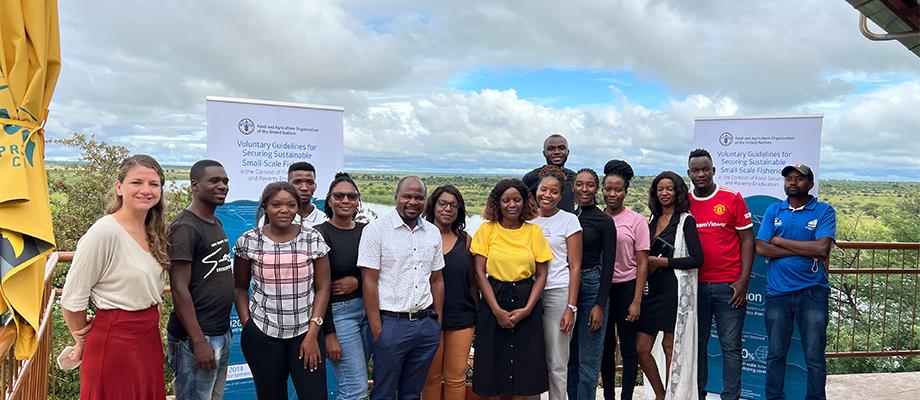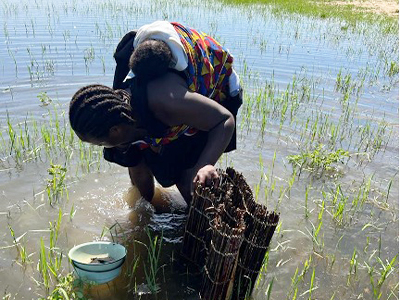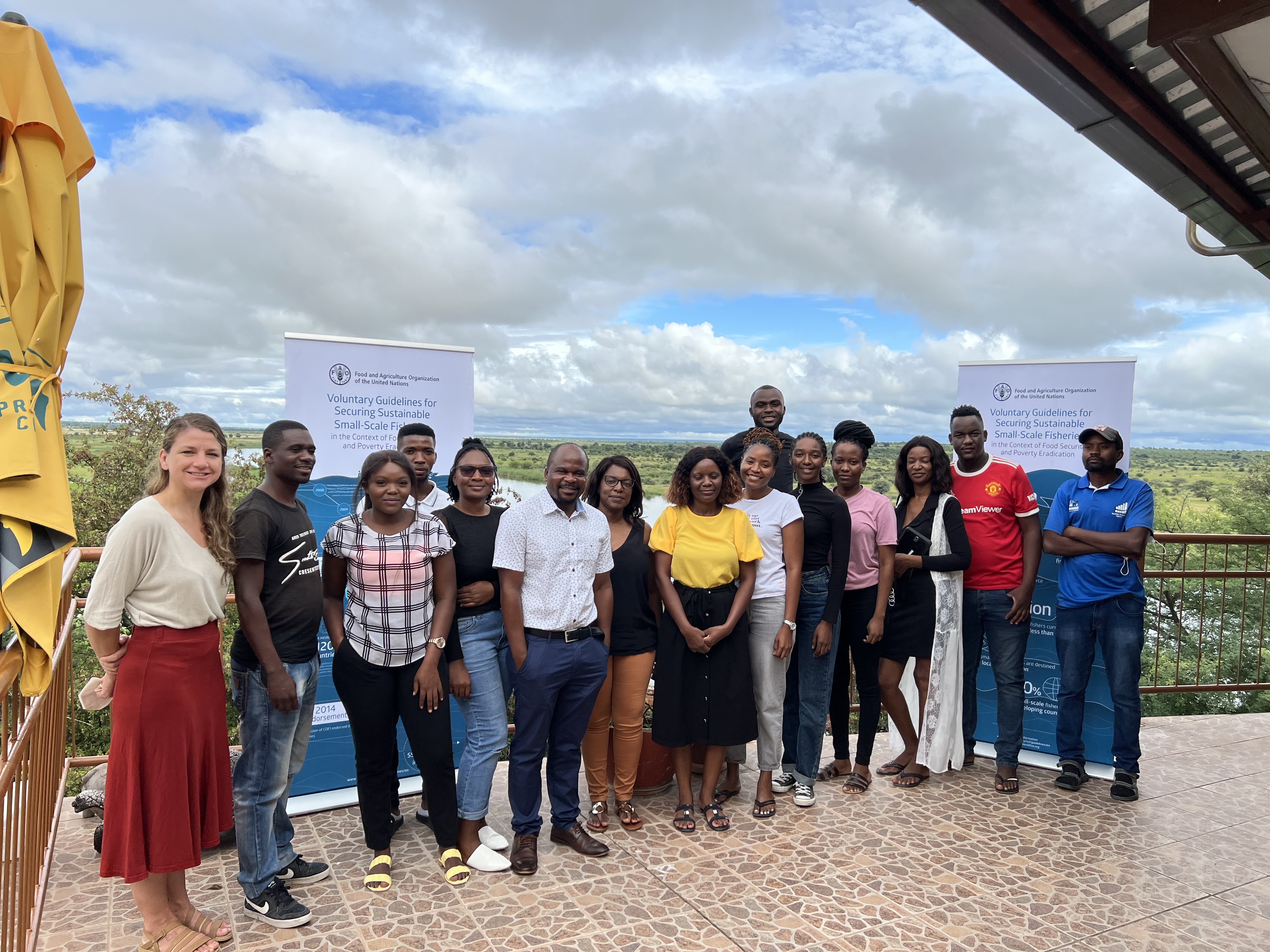Namibia's national plan of action for small scale fisheries (NPOA-SSF)

 |
In September 2020, the Government of Namibia, through the Ministry of Fisheries and Marine Resources committed to develop her National Plan of Action for Small-Scale Fisheries (NPOA-SSF) through implementing the Voluntary Guidelines for Securing Sustainable Small-Scale Fisheries in the Context of food Security and Poverty Eradication (SSF Guidelines).
The one-and-a-half-year long NPOA-SSF development process was consultative, participatory and has led to an increased realisation of the importance that small-scale fisheries plays in the lives of riverine and fisheries dependent communities in Namibia.
It is now conservatively estimated that Namibia’s small-scale fisheries sub-sector indirectly supports the livelihoods of over 280,000 Namibians, making up approximately 11% of the country’s total population. Livelihoods support is in the form of income, employment, socio-economic benefits, food, and nutrition security. Direct support, in terms of jobs and direct livelihoods, to fisherfolks in SSF is estimated at 46,500 of which 45,000 are in the inland fisheries sector and 1,500 fishers are in the coastal small-scale fisheries sector.
The SSF Guidelines promote gender equitable development strategies for small-scale fisheries and the Ministry of Fisheries and Marine Resources, through the Directorate of Inland Fisheries and Aquaculture have embarked upon a sub-programme entitled “Implementing the Small-Scale Fisheries Guidelines for gender equitable and climate resilient food systems and livelihoods.” The programme is aimed at assessing capacities, gaps, and opportunities for strengthening the role that women play in the small-scale fisheries sector. To support programme implementation, the MFMR has engaged 11 enumerators to undertake the Women’s SSF baseline assessment focusing on all 14 Regions of the country. Namibia undertakes a baseline survey to gain understanding of where small-scale fisherfolk (particularly women) are located geographically, their activities in fish value chains, involvement in organizations, and food security and nutrition situation, to better target project activities to promote gender equitable and climate resilience food systems at the household level.
A training workshop was held during the period 14 – 18 March 2022, and 11 enumerators were trained on the survey protocols and baseline tools. The workshop was presided over by the Chief Fisheries Biologist for the Kavango East and West Regions and was followed by the commencement of the baseline assessment in the Kavango East and West Regions.
The 11 enumerators have commenced with the women’s SSF baseline survey across the remaining 12 Regions of Namibia. Data collection will take place during the period 28 March to 28 April 2022. The baseline assessment of the current landscape of fishing hotspots frequented by women as well as women-led small-scale fishing communities is expected to generate information on the primary characteristics capacities and needs of these communities. The end goals is to empower women in the small-scale fisheries food system by strengthening post-harvest processing and trade and building the capacity for women to improve their skills and capacity to do their work.
 |
 |
| Women setting their traditional fish traps in the floodplain areas of the Kavango River (left) at Sizongoro and (right) at Kapako in the Kavango West Region. ©FAO/Alushe Hitula | |

